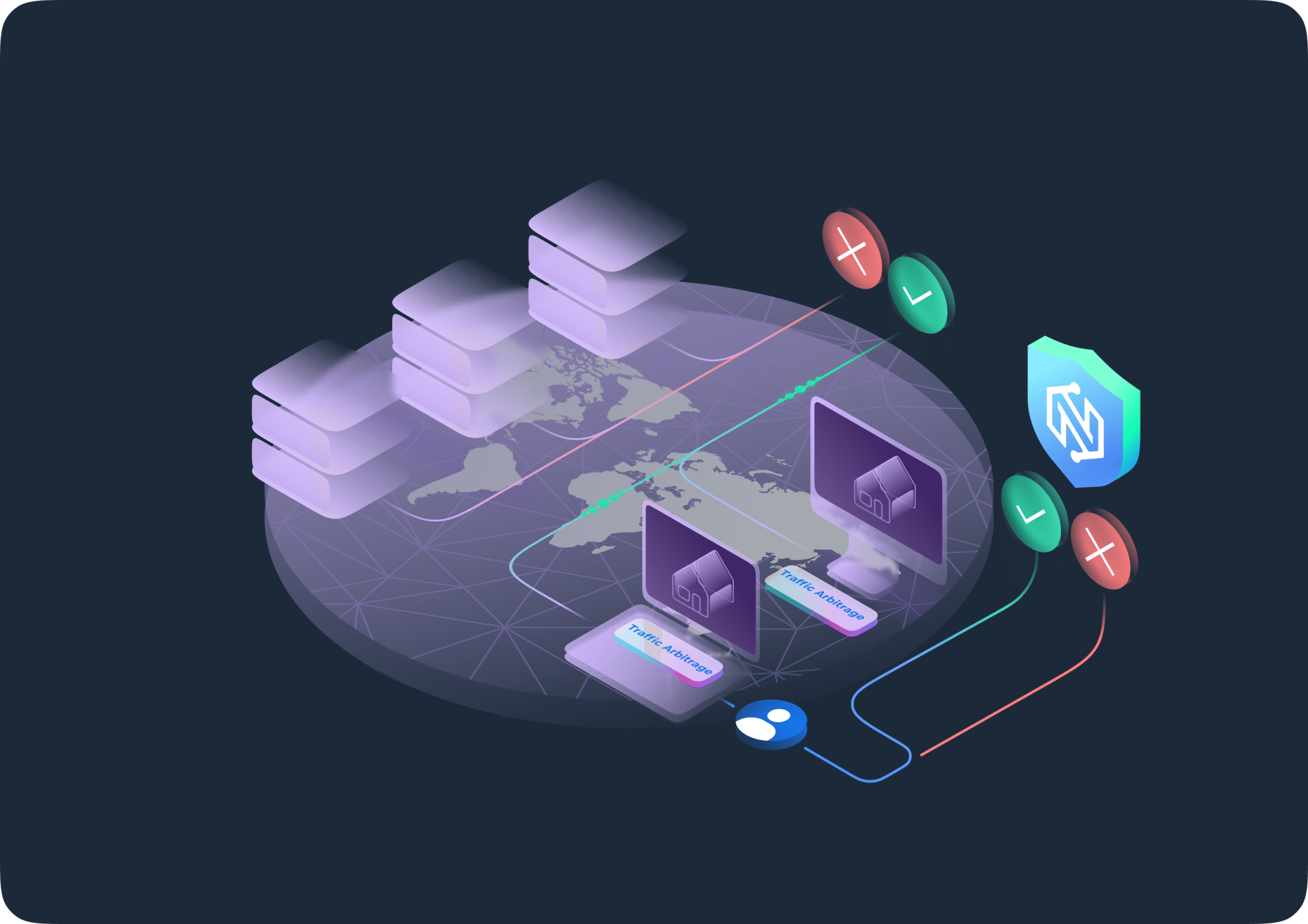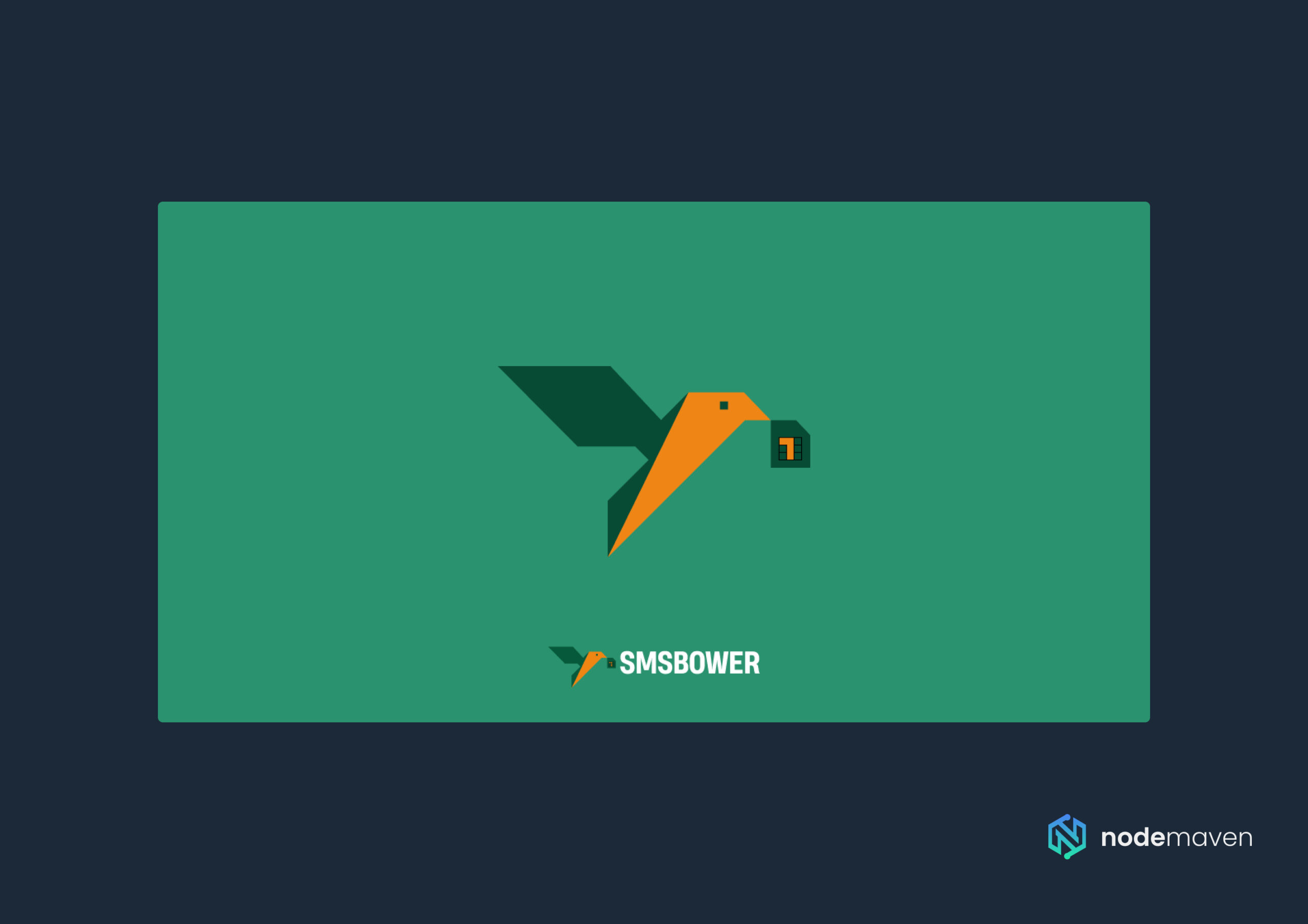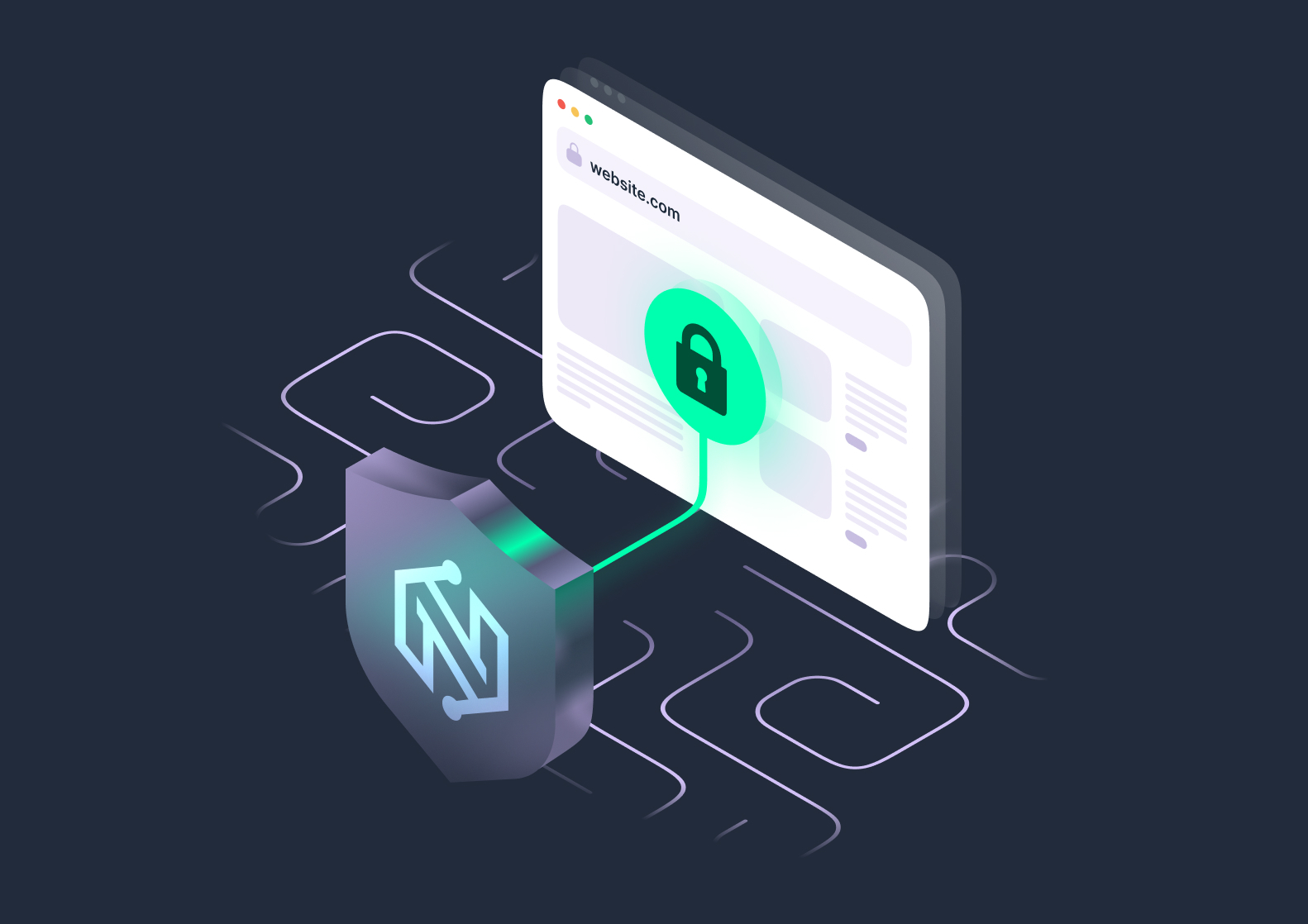Today web scraping has become an important tool for businesses, researchers, and developers. That’s been proven by the market size of $704 million in 2024.
However, websites can easily detect and block scraping activities without the right setup, especially if multiple requests are sent from a single IP address.
This is where proxies come into play. Proxies act as intermediaries between your device and the websites you’re scraping, masking your IP address and providing the anonymity needed to collect data without interruptions.
But with so many proxy options available, how do you choose the right one?
In this guide, we’ll dive into the best proxies for web scraping, their unique benefits, and how the best proxy websites can help you maximize your scraping success.
Why Proxies Are Essential for Web Scraping
Web scraping without proxies is like trying to sneak into a concert with the same ticket multiple times, eventually, you’ll get caught.
Proxies play a critical role in making sure that your scraping activities remain undetected and efficient. Here’s why they’re indispensable:
Preventing IP Bans and Throttling
One of the most common challenges in web scraping is IP bans. Websites monitor incoming traffic and can detect when a single IP address sends too many requests in a short period.
When this happens, the IP gets flagged and blocked, halting your data collection. By using proxies from the best proxy websites, you can rotate IP addresses undetected, preventing bans and giving uninterrupted data collection.
Proxies solve this problem by rotating your IP address, distributing requests across multiple addresses to mimic natural browsing behavior.
This approach prevents rate-limiting and keeps your scraping activities under the radar.
Enhancing Anonymity and Security
Scraping involves accessing large amounts of data, and doing so without protection exposes your identity.
The best proxy websites offer advanced encryption and secure IPs, making sure your web scraping activities remain anonymous and protected.
This anonymity is not just about avoiding detection, it’s also about security.
By routing your traffic through proxies, you reduce the risk of exposing sensitive information or falling victim to targeted cyberattacks.
Accessing Geo-Restricted Data
Many websites display content based on the user’s geographic location. If you’re scraping global e-commerce sites or analyzing regional SEO data, you’ll need access to geo-restricted content.
Proxies allow you to bypass these restrictions by routing your connection through servers in specific countries or regions.
This means you can view and scrape localized content as if you were physically present in that area.
Types of Proxies Used for Web Scraping
Choosing proxies from the best proxy websites make sure that you get reliable connections and good quality IPs made to meet your specific scraping needs.
Each proxy type has its strengths and weaknesses, depending on your specific use case.
Residential Proxies
Residential proxies use IP addresses assigned by Internet Service Providers (ISPs) to real devices, such as home computers and mobile phones.
The best proxy websites offer vast pools of residential IPs, making them the go-to option for scraping sensitive websites without detection.
Rotating Residential Proxies
Rotating residential proxies automatically switch between different IP addresses at set intervals or per request. This dynamic rotation helps avoid detection by making sure that each web scraping request comes from a different, legitimate-looking IP.
Proxy websites provide extensive pools of rotating residential proxies, ideal for large-scale data collection without triggering anti-bot mechanisms.
Static Residential Proxies
Static residential proxies, on the other hand, provide a single, unchanging residential IP for extended periods.
This is beneficial when scraping requires maintaining a persistent session, such as logging into accounts or interacting with web platforms that track user behavior over time.
- Pros: High anonymity, difficult to detect, ideal for scraping sensitive websites.
- Cons: More expensive compared to other proxy types.
Residential proxies are perfect for scraping platforms with strict security measures, like social media sites or e-commerce platforms that aggressively monitor bot activity.
Datacenter Proxies
Datacenter proxies come from servers hosted in data centers. They’re not affiliated with any ISP, which makes them easier to detect but significantly faster and cheaper.
- Pros: High speed, cost-effective, great for large-scale data scraping.
- Cons: Easier to detect and block, less anonymity.
Datacenter proxies are best suited for scraping tasks that require high-speed data collection, such as SEO monitoring or scraping publicly available information from less protected sites.
Mobile Proxies
Mobile proxies route your traffic through mobile devices connected to cellular networks. Since mobile IPs are shared among many users, they’re highly trusted and rarely blocked.
- Pros: Excellent for bypassing advanced detection systems, high trust levels.
- Cons: Expensive and slower compared to data center proxies.
Mobile proxies are ideal for scraping mobile-specific content or platforms with stringent detection algorithms.
Key Features to Look for in the Best Proxy Websites
Not all proxies are created equal. When choosing a proxy provider, especially for web scraping, consider the following features:
- IP pool size and diversity: A large and diverse IP pool reduces the chances of detection and bans.
- Speed and reliability: Fast, stable connections are crucial for efficient data collection.
- Geo-targeting capabilities: The ability to select proxies from specific countries or regions allows you to scrape localized content.
- IP rotation and session control: Look for providers that offer rotating proxies and sticky sessions for flexible scraping options.
- Customer support: Responsive support teams can help troubleshoot issues and optimize your scraping setup.
Common Web Scraping Use Cases and the Best Proxies for Each
Different scraping tasks require different proxy solutions. Here’s a breakdown of common use cases and the best proxies for each:
E-commerce Price Monitoring
Businesses monitor competitor pricing to adjust their own strategies in real time. Since e-commerce sites like Amazon actively block scraping attempts, residential proxies are the best choice for this task due to their high trust levels.
SEO and SERP Data Scraping
SEO professionals scrape search engine results to track keyword rankings and monitor competitors. For high-volume scraping tasks like this, datacenter proxies offer the speed and cost-efficiency needed to collect large datasets.
Social Media Data Collection
Collecting data from platforms like Instagram and Twitter requires stealth, as these platforms have strict anti-bot measures. Mobile proxies or residential proxies are ideal for this purpose, seeing that your scraping activities go undetected.
Ad Verification and Market Research
Advertisers and researchers use web scraping to verify ad placements and gather market insights. Geo-targeted residential proxies help to make sure you have accurate data collection by mimicking real users from different locations.
Best Proxy Websites for Web Scraping
Choosing the right proxy provider can make or break your web scraping success. Here are some of the best proxy websites known for their reliability, performance, and features tailored to scraping needs:
NodeMaven
NodeMaven offers a vast pool of over 30 million residential IPs with advanced geo-targeting and flexible payment options. Known for its high-quality proxies and excellent customer support, NodeMaven is perfect for businesses looking to scale their web scraping efforts securely and efficiently.
Oxylabs
Oxylabs provides a wide range of proxy solutions, including residential, datacenter, and mobile proxies. Their rotating residential proxies are especially popular for large-scale data collection, offering high success rates and global coverage.
Bright Data (formerly Luminati)
Bright Data is one of the largest proxy providers, offering robust features like real-time data collection tools and advanced targeting options. Their residential proxies are trusted by major enterprises for scraping complex websites.
Smartproxy
Smartproxy offers user-friendly proxy solutions with competitive pricing. Their residential and rotating proxies are ideal for small to medium-sized scraping projects, providing reliable performance without breaking the bank.
ScraperAPI
ScraperAPI simplifies the scraping process by handling proxy rotation, CAPTCHAs, and browsers. While it’s more of a scraping tool, it includes access to a large pool of residential and datacenter proxies for hassle-free data collection.
Why NodeMaven Offers the Best Proxy Solutions for Web Scraping
NodeMaven is among the best proxy websites due to its vast IP pool, advanced rotation options, and flexible pricing for businesses of all sizes.
- 30+ million residential IPs: Our vast IP pool will grant low detection rates and high scraping success.
- Advanced rotating proxies: Automate IP rotation for absolute, uninterrupted data collection.
- Precision geo-targeting: Scrape localized content with ISP and region-specific proxies.
- Flexible pricing plans: Whether you’re a solo developer or an enterprise, NodeMaven has customizable plans to fit your needs.
- 24/7 expert support: Our dedicated support team is always ready to help you optimize your scraping setup and troubleshoot issues.
Whether you’re scraping e-commerce sites, social media platforms, or search engine results, choosing the right proxy is crucial for success.
With NodeMaven’s reliable and diverse proxy solutions, you can get efficient, secure, and undetectable web scraping operations.
Ready to elevate your web scraping projects?
Sign up with NodeMaven today and unlock the power of undetected, premium proxy solutions!


